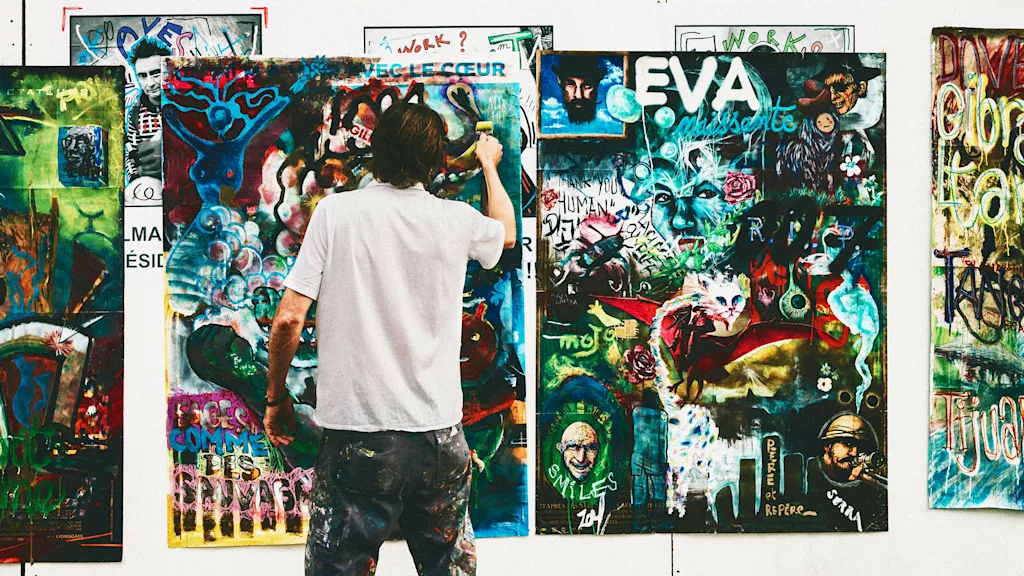
"Misshapen eyes and hands with too many fingers once made AI-generated art easy to spot. Now, as the technology advances, it's becoming harder to tell human work from machine-made creations. With some fearing the replacement of human creatives, AI-generated art has plenty of detractors. "Algorithm aversion," the bias against AI-created work, seems to only be growing, and just 20% of U.S. adults think AI will have a positive impact on arts and entertainment."
"Artists are among the most vocal opponents, not only because AI is already cutting into their income as more image needs are met by machines, but also because the models may have been trained on their own work. "This is a very critical topic," says Philip Rieger, a postdoctoral researcher at the Technical University of Darmstadt. AI can easily imitate and manipulate images, violating artists' copyrights, he adds."
Early visual glitches once revealed AI-generated art, but advancing models now closely mimic human styles and make detection difficult. Public sentiment is largely negative, with just 20% of U.S. adults expecting positive effects on arts and entertainment. Artists report income losses and worry models were trained on their work without permission. Experts warn that AI can imitate and manipulate images, potentially violating copyrights. Lawsuits and digital protections have emerged, yet many artists remain vulnerable. Popular generators train on vast, diverse art collections and invoke fair use, a claim contested by critics and legal challengers.
Read at Fast Company
Unable to calculate read time
Collection
[
|
...
]